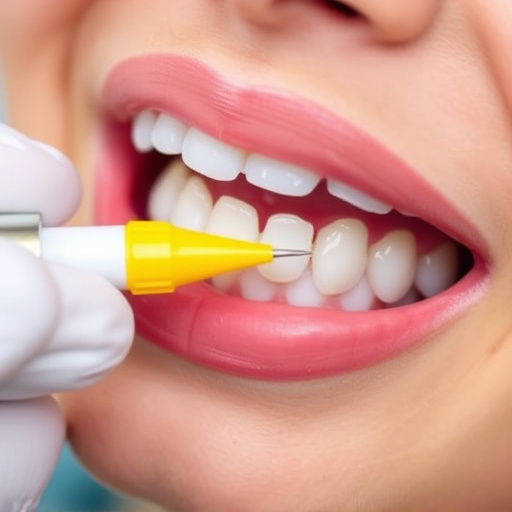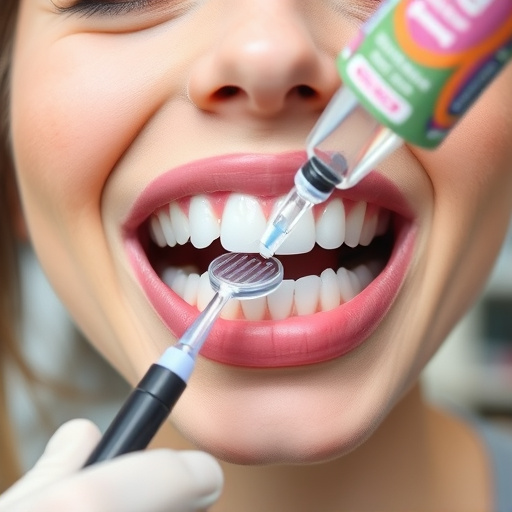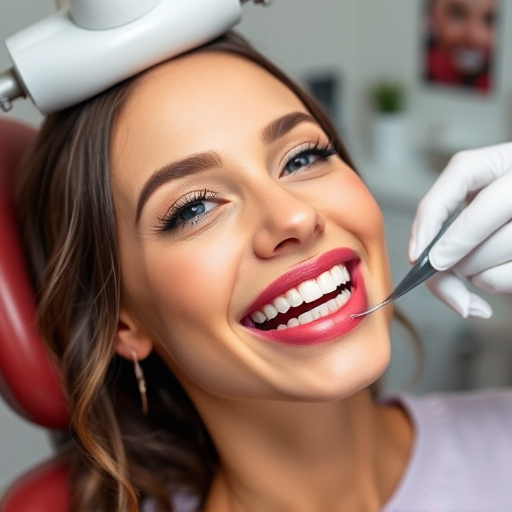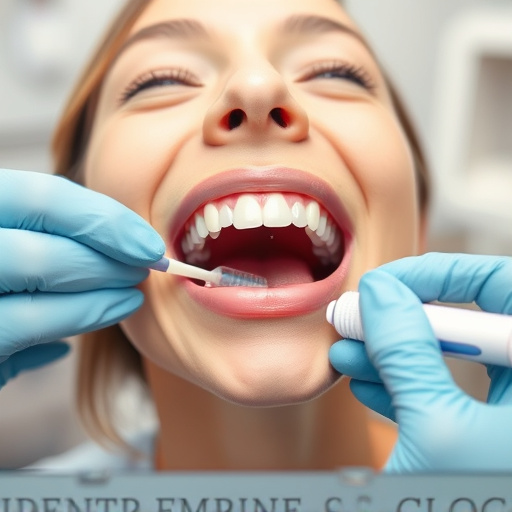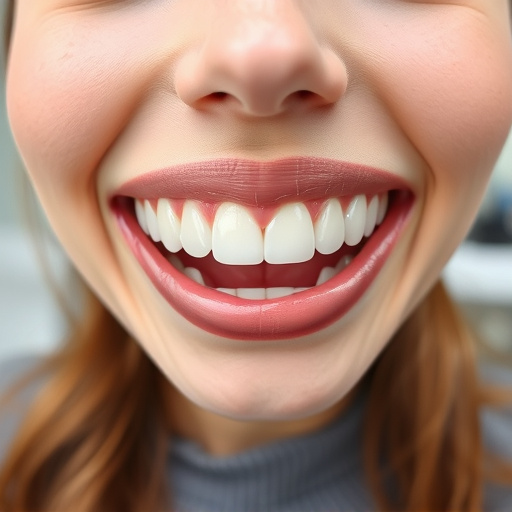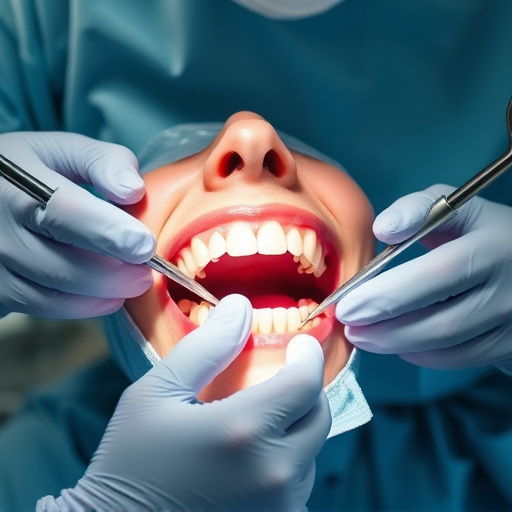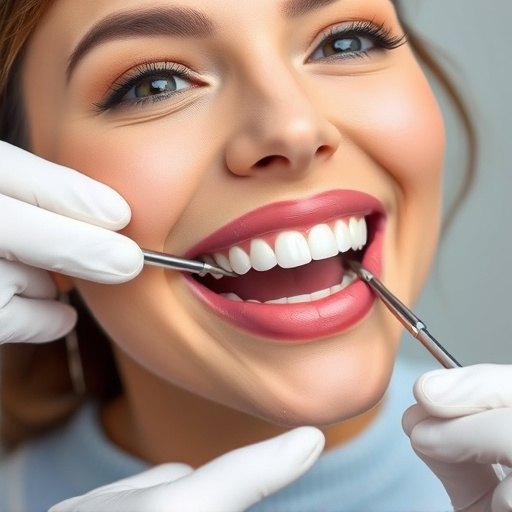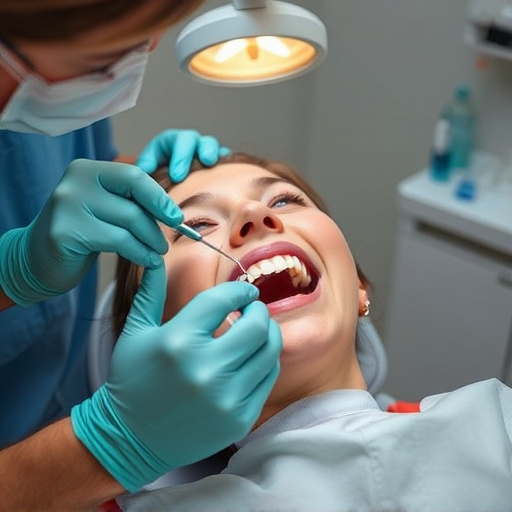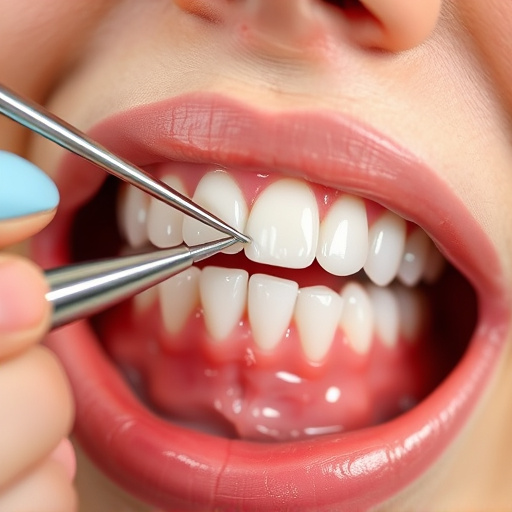Holistic dentistry emphasizes preventive care and natural solutions for optimal oral health by addressing systemic wellness connections. This approach prioritizes regular comprehensive exams, dietary changes, and non-toxic materials like fluoride-free toothpastes, biocompatible fillings, and oil pulling to maintain a healthy mouth and body ecosystem, reducing exposure to harmful substances.
In today’s world, a holistic dental approach is gaining traction as a healthier alternative to traditional practices. This article delves into the contrast between conventional and holistic dentistry, exploring how natural methods can reduce exposure to potentially harmful substances often found in common teeth care products. By understanding key holistic components, you’ll discover the myriad benefits of this safe, effective care routine for a vibrant, toxic-free oral health.
- Understanding Traditional vs. Holistic Dentistry Practices
- Key Components of a Holistic Dental Care Routine
- Benefits of Reduced Exposure to Harmful Substances in Teeth Care
Understanding Traditional vs. Holistic Dentistry Practices
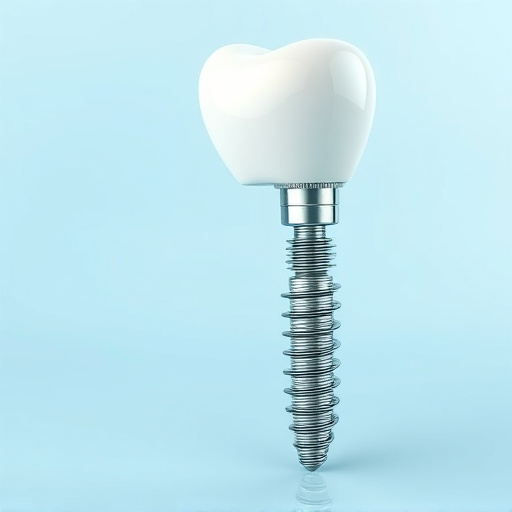
Traditional dentistry focuses on treating dental issues as they arise, often involving invasive procedures and chemical treatments like harsh fluoride products. In contrast, holistic dentistry takes a preventative and natural approach to oral health. It views the mouth as an integral part of the body’s overall well-being, acknowledging that systemic health can influence dental conditions.
The holistic dental approach emphasizes the use of non-toxic materials and gentle techniques for teeth cleaning and dental cleanings. This includes opting for biocompatible fillings instead of mercury-based amalgams, promoting natural remedies for oral care, and considering the impact of nutrition on dental health. For instance, a holistic dentist might recommend dietary changes to reduce sugar intake and encourage nutrient-rich foods that support strong, healthy teeth in both adults and children’s dentistry.
Key Components of a Holistic Dental Care Routine
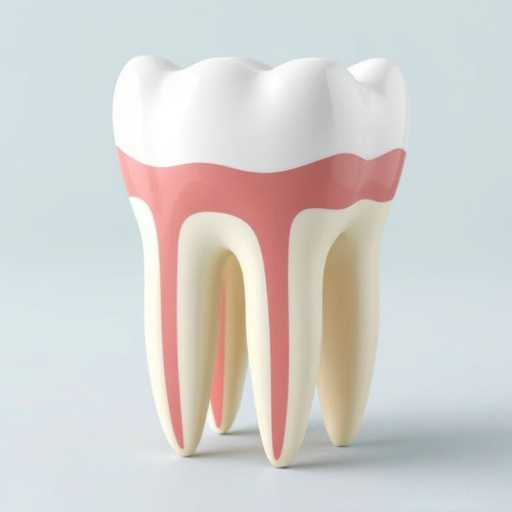
A holistic dental approach prioritises overall health and wellbeing, focusing on the interconnectedness between mouth and body. Key components of this routine involve regular routine oral exams to detect any potential issues early. These examinations go beyond checking for cavities and gum disease; they assess the entire oral ecosystem, considering factors like bite alignment, jaw joint health, and the presence of toxins or heavy metals.
Complementing these checks are practices that support the prevention of tooth decay and gum disease naturally. This includes adopting a diet rich in whole foods, especially those high in vitamins A, C, and D, minerals like calcium and magnesium, and beneficial probiotics. Additionally, using natural cleaning agents for teeth and gums, such as herbal-based toothpastes and mouthwashes, helps to minimise exposure to harmful chemicals often found in conventional dental products.
Benefits of Reduced Exposure to Harmful Substances in Teeth Care
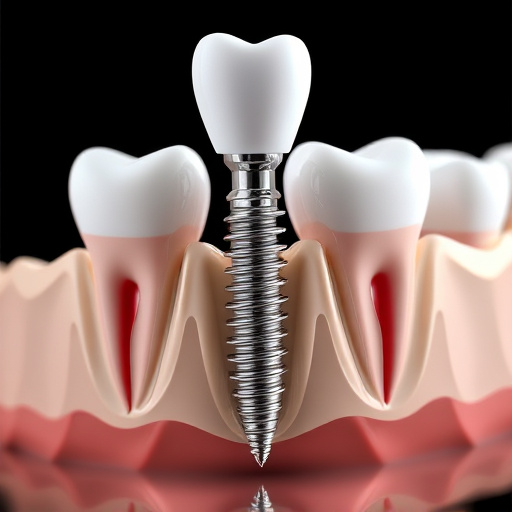
Adopting a holistic dental approach offers numerous advantages by significantly reducing exposure to harmful substances traditionally used in teeth care. Many conventional dental products contain chemicals and ingredients that can be detrimental to overall health, especially when regularly exposed. By shifting towards natural alternatives, individuals can minimize these risks. This shift not only promotes better oral hygiene but also contributes to overall well-being.
For instance, opting for fluoride-free toothpastes and using alternative cleaning methods like oil pulling can lessen the potential negative impact on sensitive tissues. Moreover, a holistic dentist might recommend metal-free fillings or crowns in family dentistry practices, eliminating concerns related to mercury or other toxic materials. This comprehensive approach ensures that emergency dental care is provided without compromising safety and health.
Adopting a holistic dental approach significantly reduces exposure to harmful substances commonly used in traditional dentistry. By prioritizing natural, non-toxic materials and practices, this method not only promotes oral health but also contributes to overall well-being. Integrating key components like organic hygiene products, dietary considerations, and stress management into daily routines can create a safer, more sustainable dental care regimen. This shift towards holistic practices empowers individuals to make informed choices, ensuring a healthier, greener future for both smiles and the environment.


